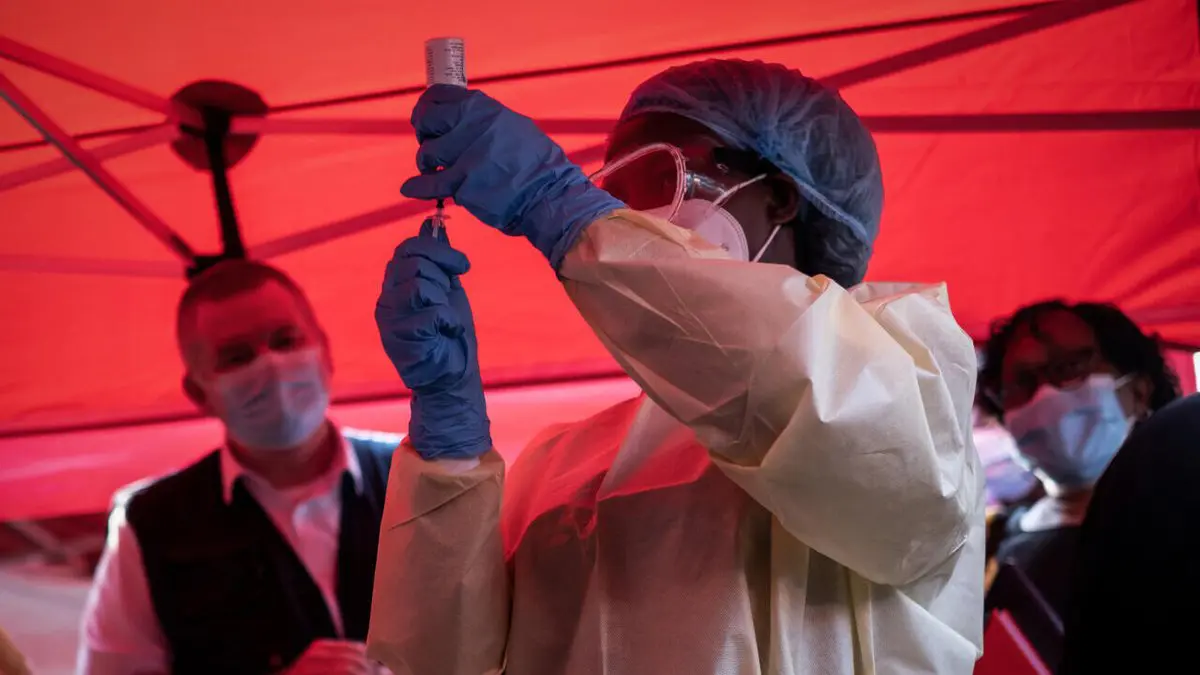Mpox Outbreak Expands Across Burundi Despite the Goverment Meassures

Photo: WHO Burundi
April 27, 2025 Hour: 12:23 pm
In a part of the world long accustomed to public health emergencies, Burundi is again in the spotlight—but not for reasons anyone would cheer. The East African nation is grappling with a resurgent mpox outbreak that has sent regional health officials scrambling and rekindled memories of past epidemics that wreaked havoc on fragile healthcare systems.
With over 3,000 confirmed cases as of April 2025, Burundi now finds itself at the centre of a broader East African flare-up that includes Uganda and the Democratic Republic of Congo.
Once referred to as monkeypox, the virus was renamed “mpox” in recent years to avoid stigma. It is not new to the region, but this latest surge is troubling in scale, speed, and scope. What began as a smattering of cases in rural provinces quickly ballooned into a national health concern.
From border towns to Bujumbura, cases have been confirmed across multiple regions, prompting fears that the country could be on the verge of a wider epidemic.
The symptoms of mpox—fever, skin rashes, swollen lymph nodes—are not unfamiliar. What is new, however, is the sheer reach of this outbreak.
Unlike in past flare-ups, the 2025 strain has shown signs of spreading faster than expected, particularly in densely populated urban areas. Health experts suspect underreporting and delayed diagnoses may have allowed the virus to circulate undetected for weeks before being formally acknowledged by authorities.
Burundi’s Ministry of Health was quick to issue public safety guidance, urging citizens to avoid physical contact with suspected cases and to report symptoms immediately. Public hospitals have set up isolation wards and mobile testing units, but many facilities are under-resourced and overstretched. The government has asked for international assistance, appealing to the World Health Organization and regional health bodies for emergency medical supplies and funding.
This is not just Burundi’s problem, however. Mpox does not respect borders, and its spread has reignited regional health cooperation efforts that had gone cold post-COVID. Cross-border health surveillance with Uganda and the DRC has been reactivated, and screening checkpoints have been established at key land crossings. Regional transport corridors, such as the Bujumbura–Kigali highway and Lake Tanganyika routes, are being monitored for potential transmission risks.
What has added fuel to the fire is the growing concern about misinformation. Social media in Burundi has become a fertile ground for conspiracy theories, unverified home remedies, and outright denial. In one widely shared video, a local influencer claimed that eating boiled banana leaves could cure mpox. Another post linked the outbreak to a “foreign curse,” sparking xenophobic reactions in some areas. In response, the government has begun a media campaign to combat falsehoods, but the battle for hearts and minds may be as tough as the fight against the virus itself.
International health organizations have pointed to the outbreak as a stark reminder of the fragility of healthcare infrastructure in post-conflict states like Burundi. Years of underinvestment, brain drain, and political instability have left the country’s medical system ill-prepared for large-scale health emergencies. While doctors and nurses are doing their best with what little they have, the lack of diagnostic tools, protective equipment, and antiviral treatments is glaring.
Some relief may come in the form of vaccines. Global stockpiles of the mpox vaccine—developed initially for smallpox—have been earmarked for East Africa, and Burundi is expected to receive a shipment by early May. Frontline healthcare workers and people in high-risk areas will be prioritized for inoculation. But in a country where routine childhood immunization coverage is already patchy, distributing and tracking vaccines during a crisis is easier said than done.
On the ground, fear is palpable. Parents are pulling children from school. Local markets are reporting dips in foot traffic. Churches and mosques, normally packed on weekends, are seeing thinner crowds. The psychological toll of the outbreak—coming at a time when inflation and food insecurity are also weighing heavily—cannot be understated.
Still, if there’s one silver lining, it’s that the region has learned the hard way from past health disasters. Coordination between governments, NGOs, and multilateral institutions has kicked in faster than during previous crises. Lessons from COVID, Ebola, and cholera are being applied, with a focus on early detection, contact tracing, and community engagement.
Whether that will be enough remains to be seen. But one thing is clear: Burundi cannot afford to be caught off guard again. In the fight against mpox, every hour matters—and this time, the world is watching.
Autor: OSG
Fuente: Africalix






